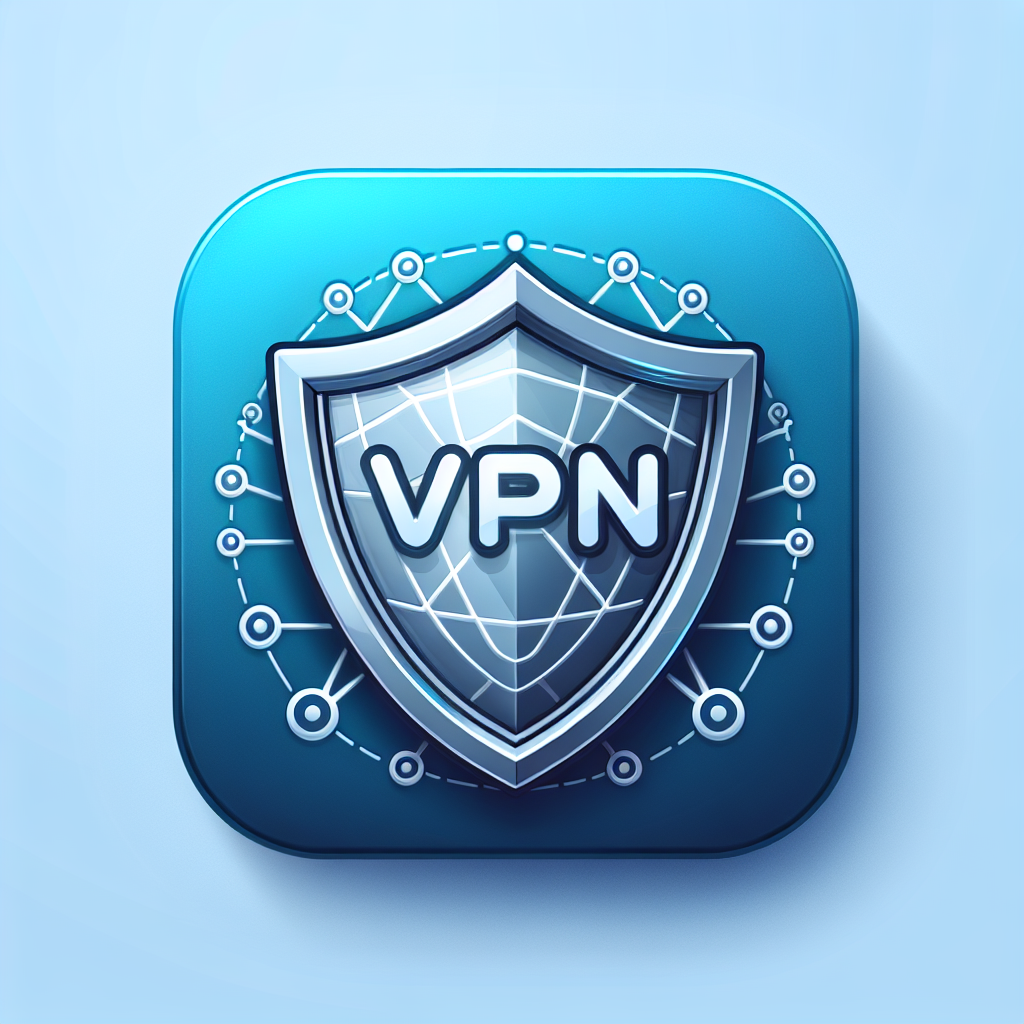Internet Freedom VPN Shield: Protecting Your Online Privacy and Security
In today’s digital age, the internet has become an integral part of our daily lives. We use it for everything from communicating with loved ones to conducting business transactions. However, with the increasing amount of personal and sensitive information being shared online, there is a growing concern about online privacy and security. This is where a Virtual Private Network (VPN) comes in. In this article, we will explore the concept of VPNs, their benefits, and how they can help protect your online privacy and security.
What is a VPN?
A VPN is a secure and encrypted connection between your device and a remote server. It allows you to access the internet through a private network, which masks your IP address and encrypts your online activity. This means that your online identity and data are protected from prying eyes, including internet service providers (ISPs), governments, and cybercriminals.
Benefits of Using a VPN
1. Online Privacy: A VPN helps protect your online privacy by hiding your IP address and encrypting your online activity. This makes it difficult for third parties to track your online movements and access your personal information.
2. Online Security: A VPN provides an additional layer of security by encrypting your online activity, making it difficult for cybercriminals to intercept and steal your data. This is especially important when using public Wi-Fi networks, which are often unsecured and vulnerable to hacking.
3. Access to Geo-Restricted Content: A VPN allows you to bypass geo-restrictions and access content that is not available in your country. This is because a VPN allows you to connect to a server in a different location, making it appear as if you are accessing the content from that location.
4. Improved Online Speed: A VPN can actually improve your online speed by reducing the amount of data that is transmitted between your device and the server. This is because a VPN compresses the data, making it easier and faster to transmit.
5. Protection from ISP Throttling: A VPN can help protect you from ISP throttling, which is the practice of slowing down your internet connection to reduce bandwidth usage. This is because a VPN encrypts your online activity, making it difficult for your ISP to determine what you are doing online and whether to throttle your connection.
How to Choose the Right VPN
1. Security: Look for a VPN that uses strong encryption protocols, such as AES-256, and has a no-logs policy to ensure your online activity is protected.
2. Speed: Choose a VPN that offers fast and reliable connections to ensure your online experience is not affected by slow speeds.
3. Server Locations: Look for a VPN that offers a wide range of server locations to ensure you can access the content you need and bypass geo-restrictions.
4. Compatibility: Ensure the VPN is compatible with your device and operating system.
5. Price: Consider the price of the VPN and whether it offers good value for money.
Conclusion
In today’s digital age, online privacy and security are becoming increasingly important. A VPN is a powerful tool that can help protect your online identity and data from prying eyes, cybercriminals, and ISP throttling. By choosing a VPN with strong encryption protocols, fast connections, a wide range of server locations, compatibility with your device, and a reasonable price, you can ensure your online privacy and security are protected. So, if you want to enjoy the benefits of a VPN, it’s time to take action and sign up for a VPN service today.




